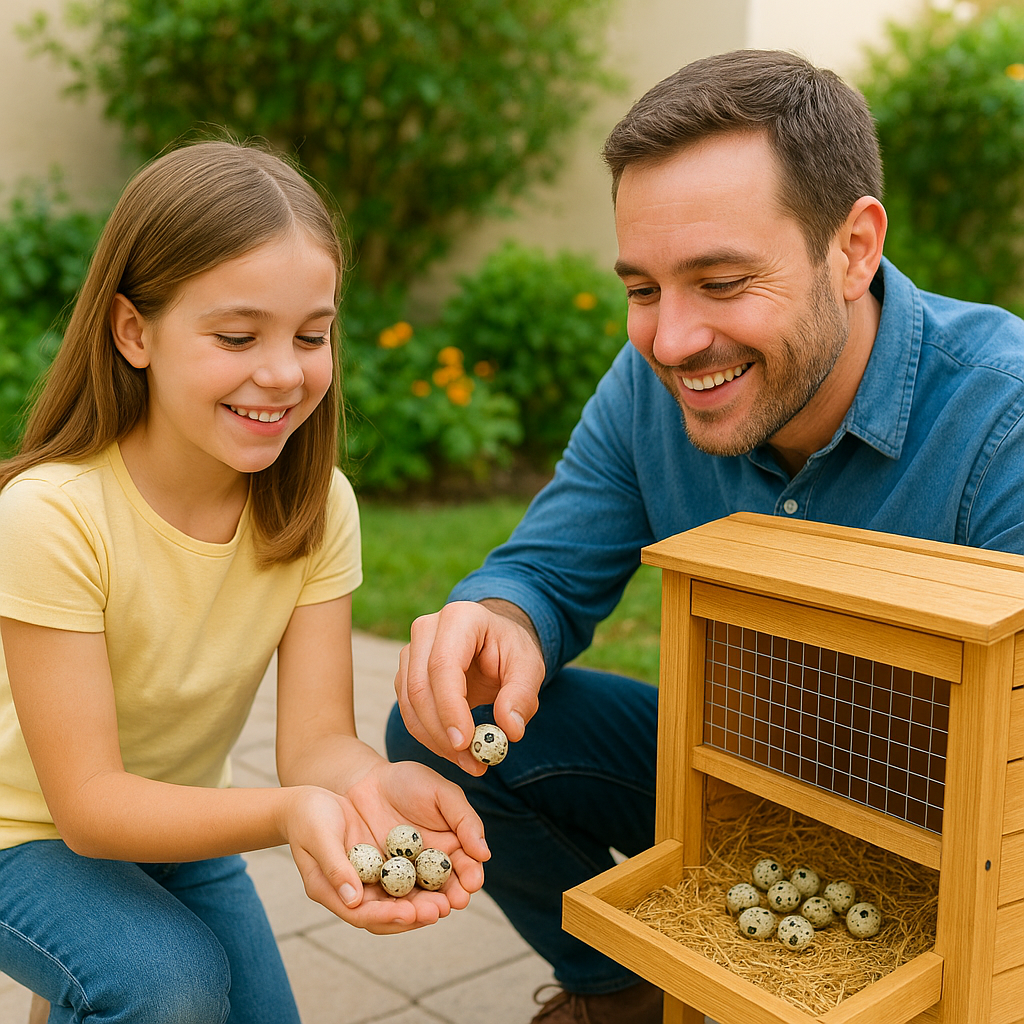
Keeping quail has become a rewarding pursuit for those interested in small-scale farming or self-sufficiency. Due to their compact size and minimal space requirements, quail are easy to house in backyards, patios, or even small indoor aviaries. Unlike other poultry, keeping quail does not demand large financial investments, which makes them particularly attractive for beginners. With proper planning, these birds can be integrated seamlessly into sustainable household food production systems.
One of the most significant benefits of keeping quail is their rapid productivity. Quail reach maturity in just a few weeks, which means they start laying eggs far earlier than chickens. Their eggs are highly nutritious, containing beneficial vitamins, proteins, and minerals. Many cultures value quail eggs for their health-promoting qualities, and they are often considered a delicacy in the culinary world. Quail meat, likewise, is lean and flavorful, providing another valuable food source for families.
To succeed in keeping quail, owners should provide safe enclosures, good ventilation, and a reliable feeding routine. Cleanliness is vital to prevent disease and ensure the health of the flock. While quail are naturally hardy, attentive care enhances both their well-being and their productivity. Keeping quail allows households to enjoy nutritious, home-produced food while engaging in a sustainable and enjoyable hobby. It is a simple yet highly beneficial form of animal keeping.